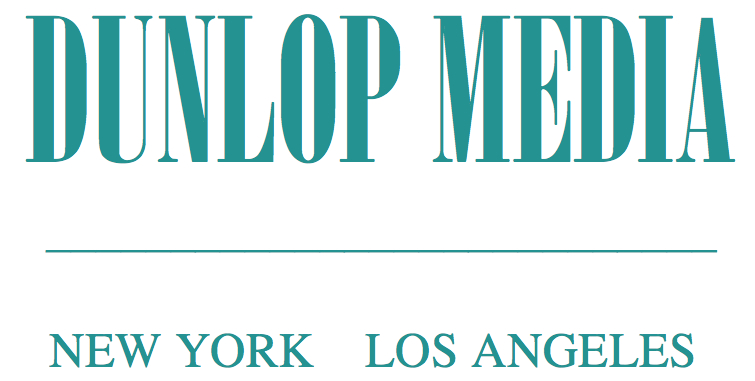They didn’t ignore the heartland’s love affair with Donald Trump – but they weren’t looking in the right places either. A modest suggestion on how to keep that from happening again
Media commentary by Steve Dunlop
The New York Times is heaving mea culpas after missing the biggest political upset in American history. Naturally, they’re not alone – although they are perhaps somewhat more upfront about their soul searching than others.
Almost all of us were wrong. The media were wrong. The pollsters were wrong. Yours truly was wrong.
Social scientists are already retooling their models and wondering how the next big technological innovation will save us from blowing the call on the next election.
But maybe all we need is a Winnebago.
Charles Kuralt, circa 1970, astride his trusty Winnebago. Courtesy CBS News.
Charles Kuralt (1934-1997) was a traveling correspondent for CBS News. Long before he was named the first host of CBS Sunday Morning, Kuralt – who grew up in rural Mecklenberg County, North Carolina – persuaded the network to let him hit the road in a motor home (he went through six of them before he was done), traveling America’s back roads in search of stories no one else saw. The resulting series, which was featured on the CBS Evening News with Walter Cronkite, was named “On the Road.”
This 1972 profile of a disappearing town – Fort Motte, South Carolina - is vintage Kuralt. The small town industrial decline that it documented, 44 years ago, seems eerily prescient of the themes in the Trump campaign.
You can’t find these stories on Google. An assignment editor can’t tell you to go cover them. You may not even see them when you are face to face with them. You have to recognize the heartbeat of a small town first. You need to listen, figuratively or literally, from a Winnebago. “On the Road” did. (Kuralt died in 1997, but CBS correspondent Steve Hartman continues in his footsteps, sans Winnebago.)
The week before Election Day, I had an “On the Road” moment. A quirk in my schedule made it necessary for me to drive from Pittsburgh to Toledo – a distance of 233 miles – right through the heart of swing state steel country.
I passed farms, truck stops, and probably two dozen Trump-Pence roadside signs, many of them painted by hand. That spoke to me about the passion of the ticket's supporters. There wasn’t a Clinton-Kaine sign anywhere in sight.
If I had flown instead of driven, I would not have grasped the extent of the region’s support for the “blue collar billionaire.” But Winnebago journalism, inherently expensive and impractical even in Kuralt’s day, is unheard of now. In the digital age, reporters do most of their legwork by phone, text or email.
When we do visit a remote location for context, if we are not already being transported in the cocoon of a campaign bus (as I was in 1984), we typically parachute in from a major city. We set our GPS to pre-chosen destinations, because we’ve already sought out the hotel with the best wi-fi, the closest Starbucks, and the cleanest gym. (A national economy of hotel and restaurant chains has made that possible.)
It’s no wonder, then, that this hub-and-spokes approach to journalism misses important nuance. We wind up seeing only what we’ve previously decided to see. We rarely search for something we don’t already know. A few interviews in a diner to “gauge the pulse” of the heartland, a phoner with a local politician and political science professor, and we’re done. We usually head straight home – or, fly to our next assignment.
Don’t linger on the road, we’re warned. That might blow our news division’s next budget, and our own next deadline. Besides, we don’t want to miss the next yoga class back home.
The America that elected Donald Trump is vastly different from the one those of us alive in 1972 remember. But it would not be at all foreign to reporters like Charles Kuralt. If the media want to get it right next time, we might want to do a little less prognosticating… and a little more listening. On the road.



